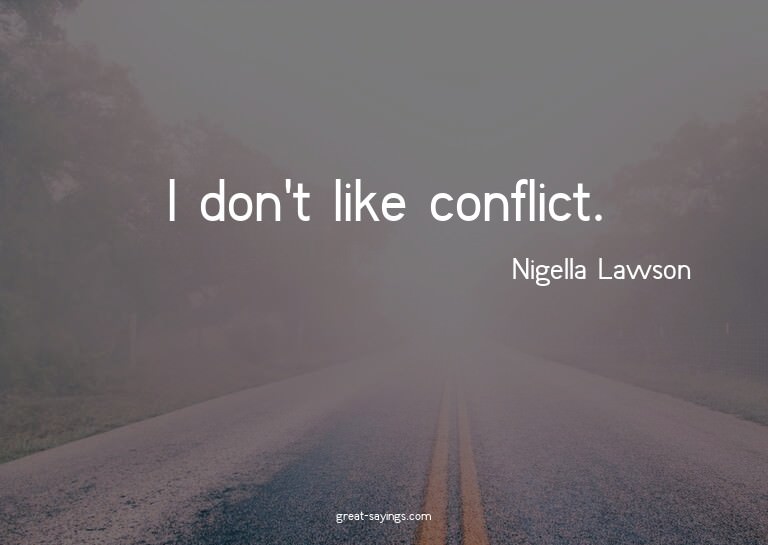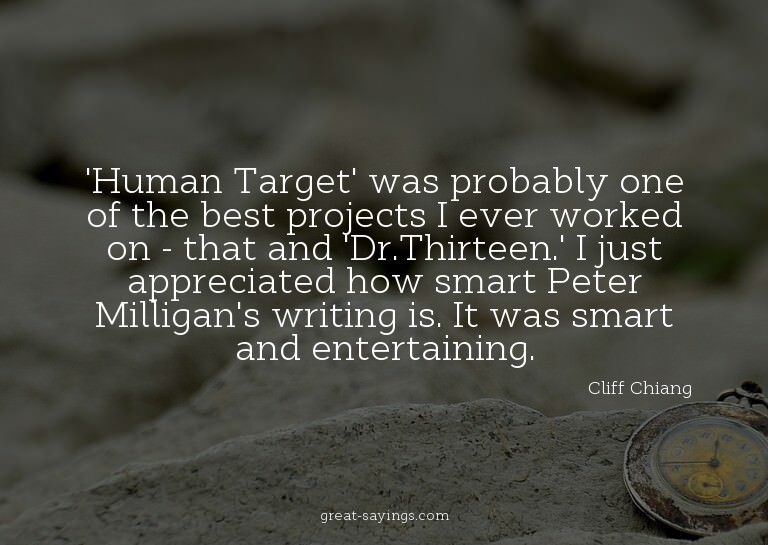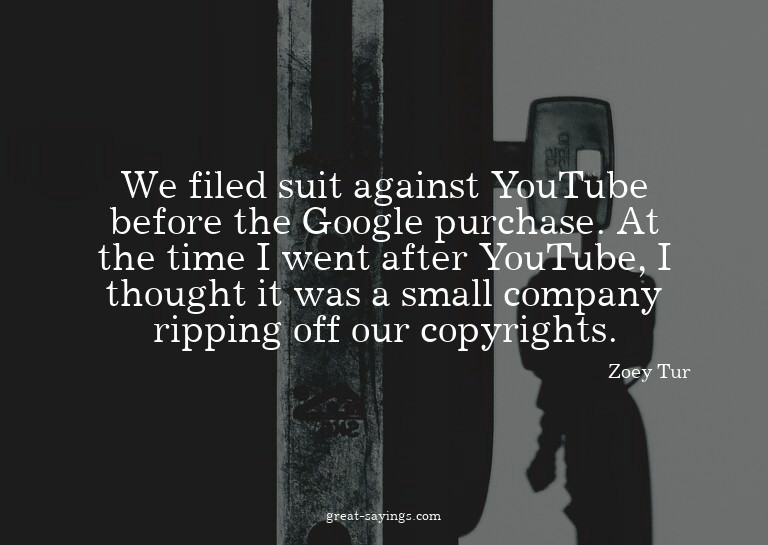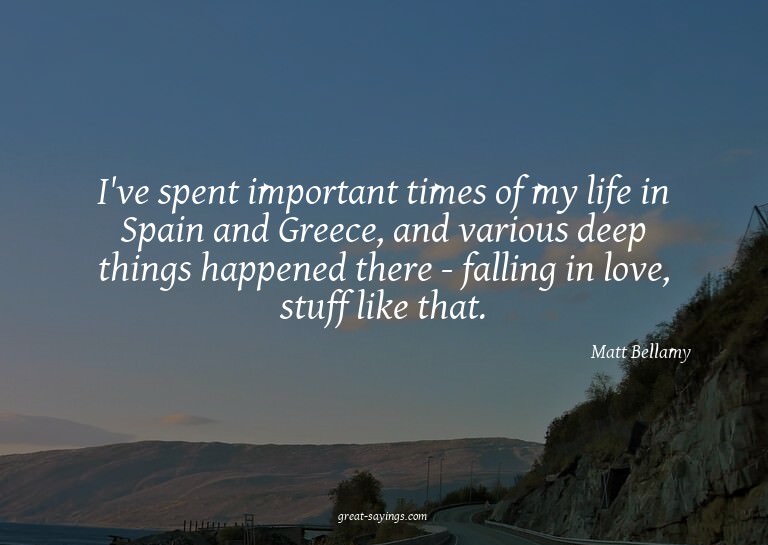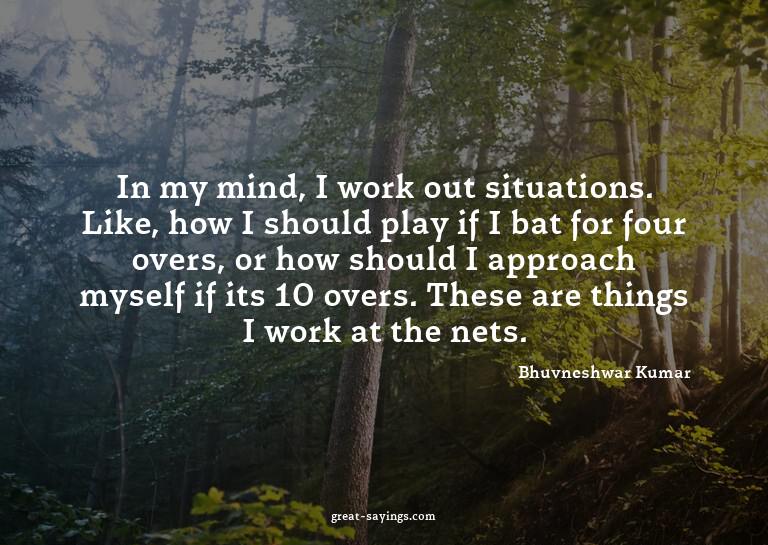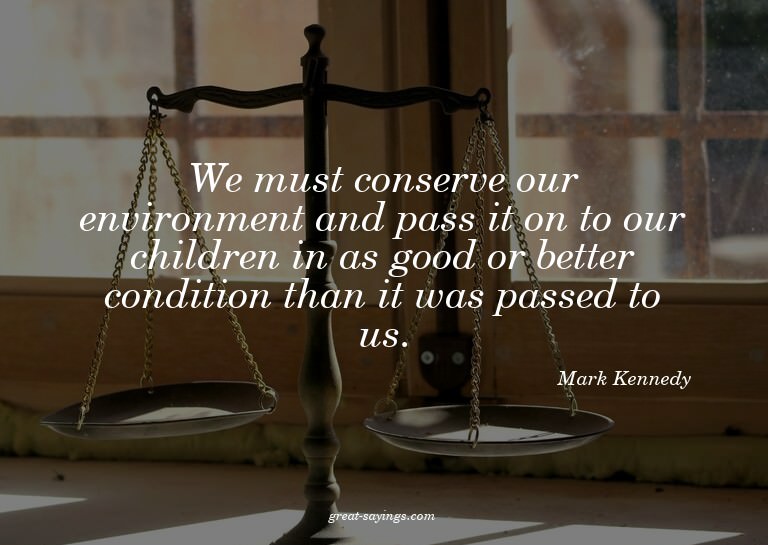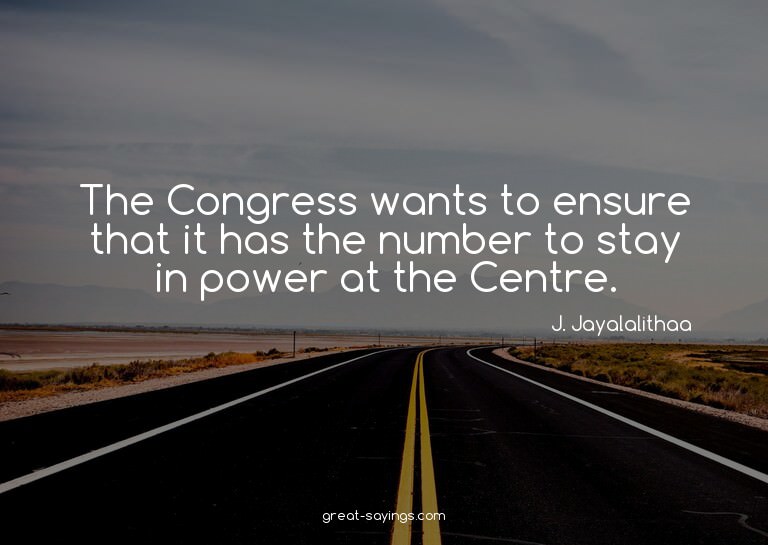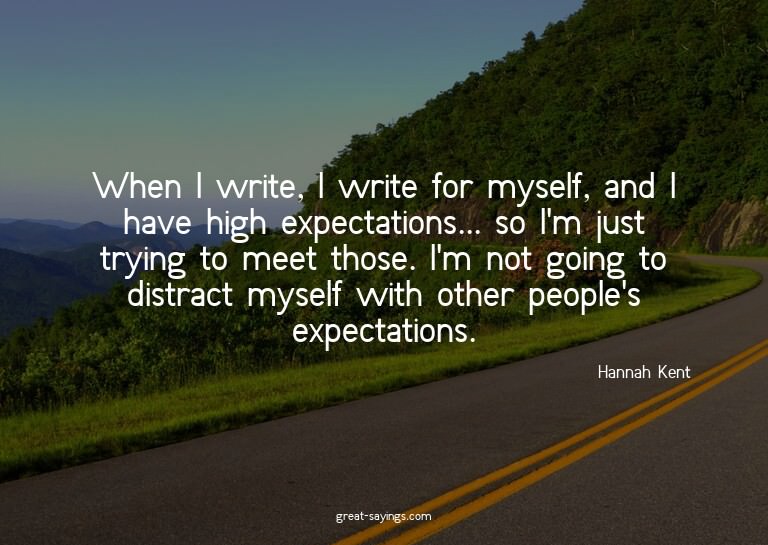Words matter. These are the best Theodor W. Adorno Quotes, and they’re great for sharing with your friends.
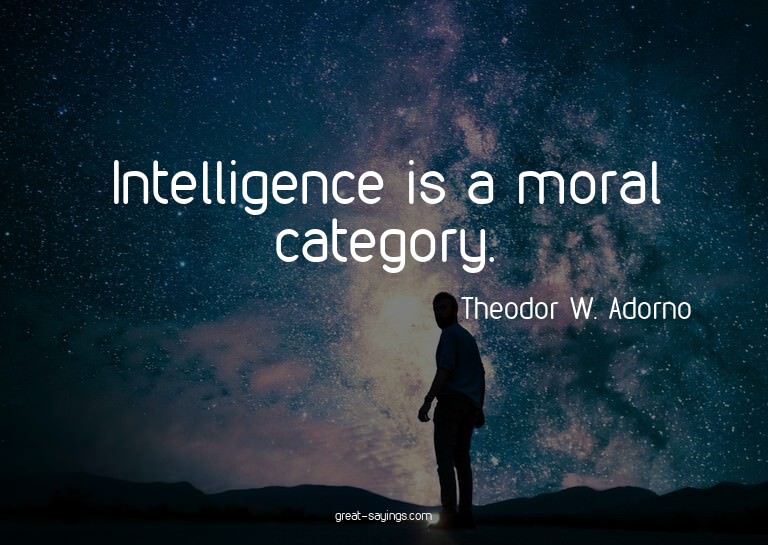
Intelligence is a moral category.
Normality is death.
If time is money, it seems moral to save time, above all one’s own, and such parsimony is excused by consideration for others. One is straight-forward.
All satire is blind to the forces liberated by decay. Which is why total decay has absorbed the forces of satire.
Once the last trace of emotion has been eradicated, nothing remains of thought but absolute tautology.
Fascism is itself less ‘ideological’, in so far as it openly proclaims the principle of domination that is elsewhere concealed.
The hardest hit, as everywhere, are those who have no choice.
To say ‘we’ and mean ‘I’ is one of the most recondite insults.
He who matures early lives in anticipation.
Love is the power to see similarity in the dissimilar.
Estrangement shows itself precisely in the elimination of distance between people.
An emancipated society, on the other hand, would not be a unitary state, but the realization of universality in the reconciliation of differences.
When all actions are mathematically calculated, they also take on a stupid quality.
Everything that has ever been called folk art has always reflected domination.
True thoughts are those alone which do not understand themselves.
Happiness is obsolete: uneconomic.
The joke of our time is the suicide of intention.
History does not merely touch on language, but takes place in it.
Today self-consciousness no longer means anything but reflection on the ego as embarrassment, as realization of impotence: knowing that one is nothing.
The poor are prevented from thinking by the discipline of others, the rich by their own.
The man for whom time stretches out painfully is one waiting in vain, disappointed at not finding tomorrow already continuing yesterday.
Quality is decided by the depth at which the work incorporates the alternatives within itself, and so masters them.
The individual mirrors in his individuation the preordained social laws of exploitation, however mediated.
The good man is he who rules himself as he does his own property: his autonomous being is modelled on material power.
The splinter in your eye is the best magnifying-glass.
The whole is the false.
The most powerful person is he who is able to do least himself and burden others most with the things for which he lends his name and pockets the credit.
Life has become the ideology of its own absence.
There is no love that is not an echo.
The element of truth in the concept of genius is to be sought in the object, in what is open, not confined by repetition.
Freedom would be not to choose between black and white but to abjure such prescribed choices.
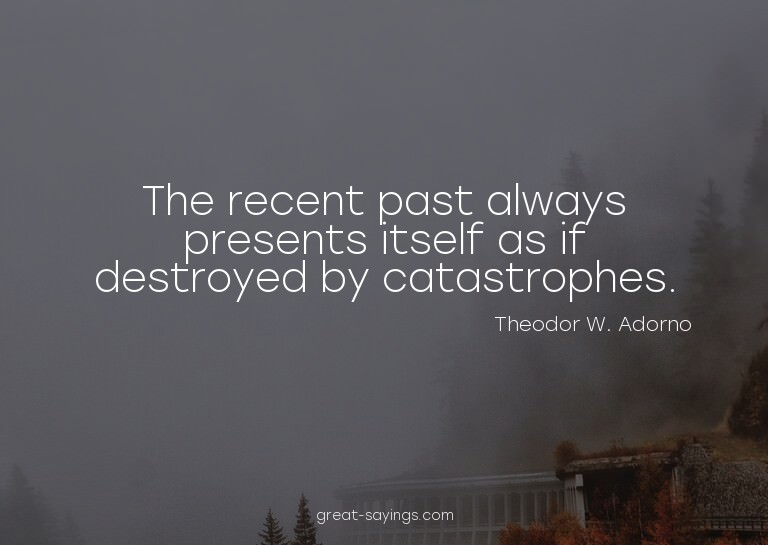
The recent past always presents itself as if destroyed by catastrophes.
But he who dies in despair has lived his whole life in vain.
In the abstract conception of universal wrong, all concrete responsibility vanishes.
Exuberant health is always, as such, sickness also.
Modernity is a qualitative, not a chronological, category.
Tact is the discrimination of differences. It consists in conscious deviations.
Proletarian language is dictated by hunger. The poor chew words to fill their bellies.
None of the abstract concepts comes closer to fulfilled utopia than that of eternal peace.
The specific is not exclusive: it lacks the aspiration to totality.
Not only is the self entwined in society; it owes society its existence in the most literal sense.
The gods look in pleasure on penitent sinners.
Technology is making gestures precise and brutal, and with them men.
Domination delegates the physical violence on which it rests to the dominated.
The task of art today is to bring chaos into order.
The almost insoluble task is to let neither the power of others, nor our own powerlessness, stupefy us.
For a man who no longer has a homeland, writing becomes a place to live.
Wrong life cannot be lived rightly.
Art is permitted to survive only if it renounces the right to be different, and integrates itself into the omnipotent realm of the profane.
Because thought has by now been perverted into the solving of assigned problems, even what is not assigned is processed like a problem.
He who stands aloof runs the risk of believing himself better than others and misusing his critique of society as an ideology for his private interest.
In many people it is already an impertinence to say ‘I’.
In his state of complete powerlessness the individual perceives the time he has left to live as a brief reprieve.
Advice to intellectuals: let no-one represent you.
In the age of the individual’s liquidation, the question of individuality must be raised anew.

